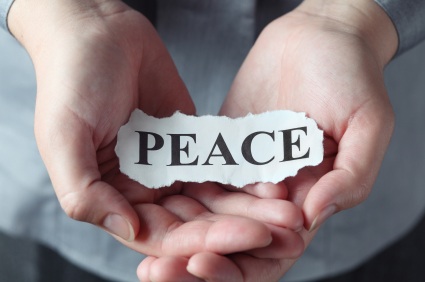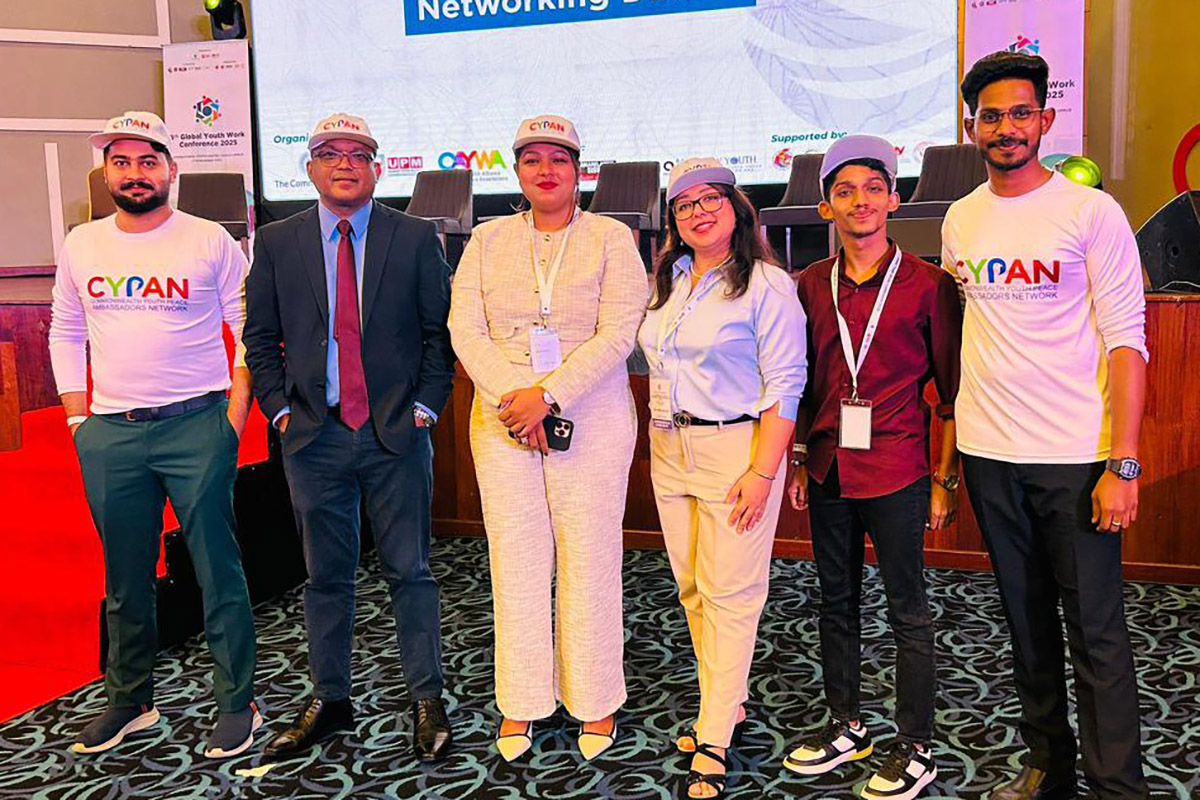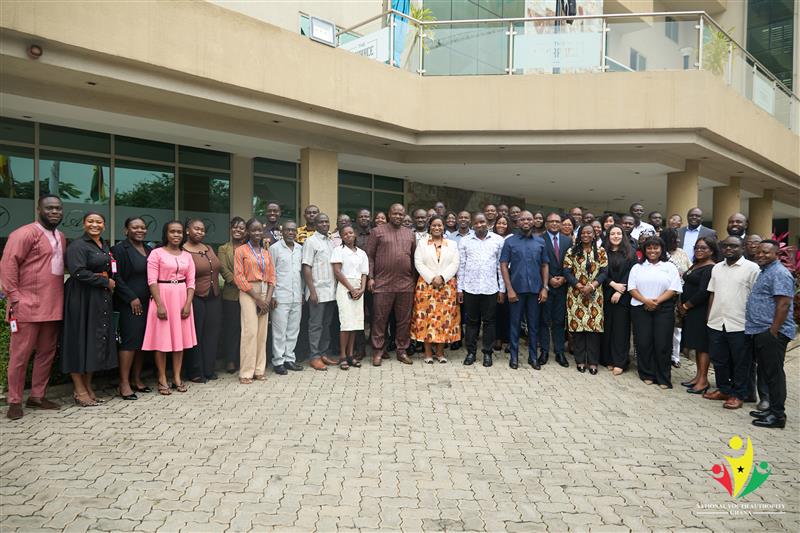How can we youth promote peace?
October 12By Muhammad Junaid Mandoori (Social Activist and Social Work student at University of Peshawar) and Basit Khan (Sociologist and Research Scholar at Bacha Khan University Charsadda)
A response to the terrorist attack on Bacha Khan University Charsadda Pakistan
On a foggy morning, four fanatic attackers stormed Bacha Khan University in Pakistan and went on a killing spree, once again resurrecting the horrors of the Peshawar School attack, Kenya’s Garissa University attack and the Umpqua Community College shooting in Oregon. Attackers chose the institution because it is named after the legendary Pashtun leader Ghaffar Khan aka ‘Bacha’ Khan.This attack was a clear message against education and non-violent means of struggle; one practised by Khudai Khidmatgars (Servants of God), the volunteers of the movement started by Bacha Khan in 1929 from his village Charsadda.
The terrorist attack on Bacha Khan University seems to be an attack on the message and legacy of Bacha Khan and the morale of Pashtun nation residing in the terror-hit regions of South West Afghanistan and North West Pakistan. Bacha Khan (1890-1988) and the struggle of his unarmed comrades greatly contributed in raising awareness among the independent Pashtun tribes about modern democratic ideals, civil rights and the spirit of sacrifice for freedom. For his unflinching struggle against undemocratic regimes, Bacha Khan was labelled a ‘red shirt’ (communist) by the British ‘Raj’, a ‘traitor’ by many Pakistani regimes, and the ‘Pride of Afghan’ by Pashtuns.
In the aftermath of the attack, scary rumours of mass beheadings of girls and the media cover-up of a higher death toll started to circulate. There were also rumours spread by a few far right conservative Islamists that an orgy or a drunken music party was held at the campus on the night before the attack. It seems there has been a deliberate attempt by the backers of these so-called savages to spread terror. The masterminds of the attack had also planned and devised conspiracy theories to spread misinformation and to divert attention from the resilience shown by students and civil society to continue their education in defiance of the terrorist threats.
It is very important to turn this tragedy into an opportunity. This is an opportunity for us to pool the anger of the people into something positive. We need to reach out to students around the globe to condemn all forms of terrorism that lead to civilian deaths. Our world is a global village. Acts of ‘organised’ terrorism are not isolated acts of violence in a particular country but have causes and consequences around the world. The promised age of technological advancement has also brought an age of ‘global terrorism’. It does not matter where these attacks against education happen, it is our loss collectively.
Students and young people need to play a more responsible and active role in international peace-building. They must organise internationally and be united in celebrating diversity. Exchange visits of youth activists to understand each others’ culture is an important initiative. Research scholarships and awards on themes of peace and student activism will also provide more suggestions for future action.
There needs to be a paradigm shift in US policy on Afghanistan by focusing on strengthening genuine civil administration backed by cultural conventions of the country. The young people and students of India and Pakistan should put pressure on their governments to stop their proxy war through terrorist mercenaries. We the youth of both the South Asian countries need to have dialogues and meetings on this issue. Of primal importance is to create an international youth alliance for peace. The aim of education is to help people understand the world and its interdependence; to develop critical thinking skills; and most importantly, to respect diversity.
Bacha Khan was arguably the Pashtun prophet of education, and targeting Bacha Khan University means terrorists and some powers do not want the Pashtun nation to be educated. We must focus on the similarities between peoples of all nations, and celebrate the differences. The most important step in fighting terrorists is the acceptance of diversity – to remove all forms of hatred, prejudice, bias and negative stereotypes. Young people and students are the future and we can create a world where there is solidarity among students so they stand united for peace. We students have a central and pivotal role to play in fighting off attacks on academia and creating the peaceful future so vital for human progress. No more attacks on education!
Find out more about the Commonwealth Youth Peace Ambassadors Network.






